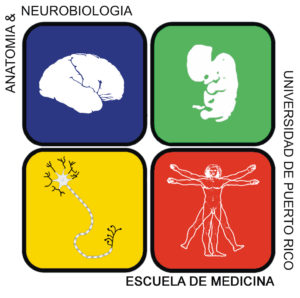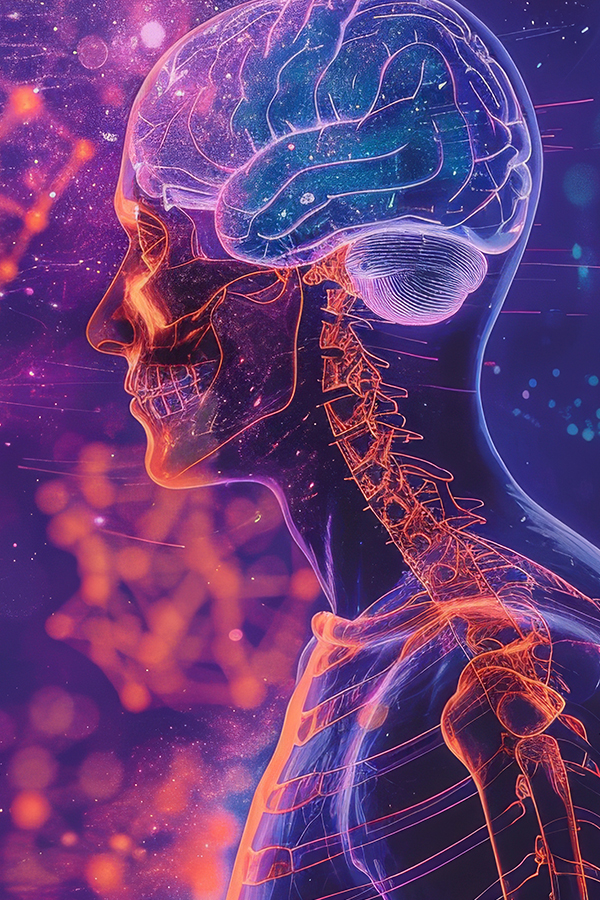
María A. Sosa, PhD,
Professor & Chair
maria.sosa@upr.edu
Welcome!
The mission of our Department of Anatomy & Neurobiology is to:
- Train the next generations of physicians and research and physician scientists in the academic disciplines of anatomy, histology, embryology, and the neurosciences;
- Train graduate students in research methodologies in these same disciplines and help them develop the necessary skills to also teach in these fields;
- Serve as a link between educational, basic, and translational research, by strengthening collaborations between faculty from basic and clinical science departments;
- Enhance medical training by providing research opportunities for pre-medical and medical students, as well as residents;
- Generate and disseminate new knowledge in anatomy, histology, embryology, and the neurosciences to benefit the communities that we serve.
Our vision is to take full advantage of the diverse knowledge, skills, and attitudes of our faculty, staff, and students, and of the resources made available by our institution, to create a supportive learning and work environment in which to excel and aspire to become the best in achieving each element of our mission.
Anatomy is a discipline that attracts those most interested in understanding the morphology of structures and what the human body is made of and how it is constructed or organized, from the macro to the micro, from the superficial to the most profound. Specializing in Anatomy is not easy nor for everyone, but those that feel attracted to this field soon become passionate about it and discover that it is truly fascinating. While some may think all is already known about the structure of the human body, learning what is indeed known makes evident how much variation is possible within the spectrum of what is considered most common or non-pathological, knowledge that is essential to have and apply to clinical reasoning and diagnosis. The knowledge of the human body´s macro and microanatomy and how it develops and changes as we age is also essential to place in its proper context knowledge in other disciplines such as physiology, biological chemistry, genetics, immunology, pharmacology, organ function, biological anthropology, comparative anatomy, etc., and is thus instrumental for asking new questions and identifying new problems to seek solutions for through biomedical research.
The Neurosciences explore the intricacies of our brain and associated structures of the central and peripheral nervous system, focusing on the organ with which we think and through which we communicate and behave, the organ that controls, directs, or influences the functions of all other organs in the body. Neurobiology focuses specifically on the biology of the brain and the nervous system, particularly on how its cells and circuit structure regulate behavior and the processing of information, and the roles they play in the mechanisms underlying neurological disease. These fields are presently experimenting a vertiginous growth and development, as much about the brain remains unknown and the open lines of inquiry to explore unanswered questions are many. It is also an area of inquiry that receives a significant level of attention and assignment of funds by government and private foundations that support research, both at the clinical and basic sciences levels, and is in much need and demand for researchers.
We look forward to hearing from you and how the department can be of help!



